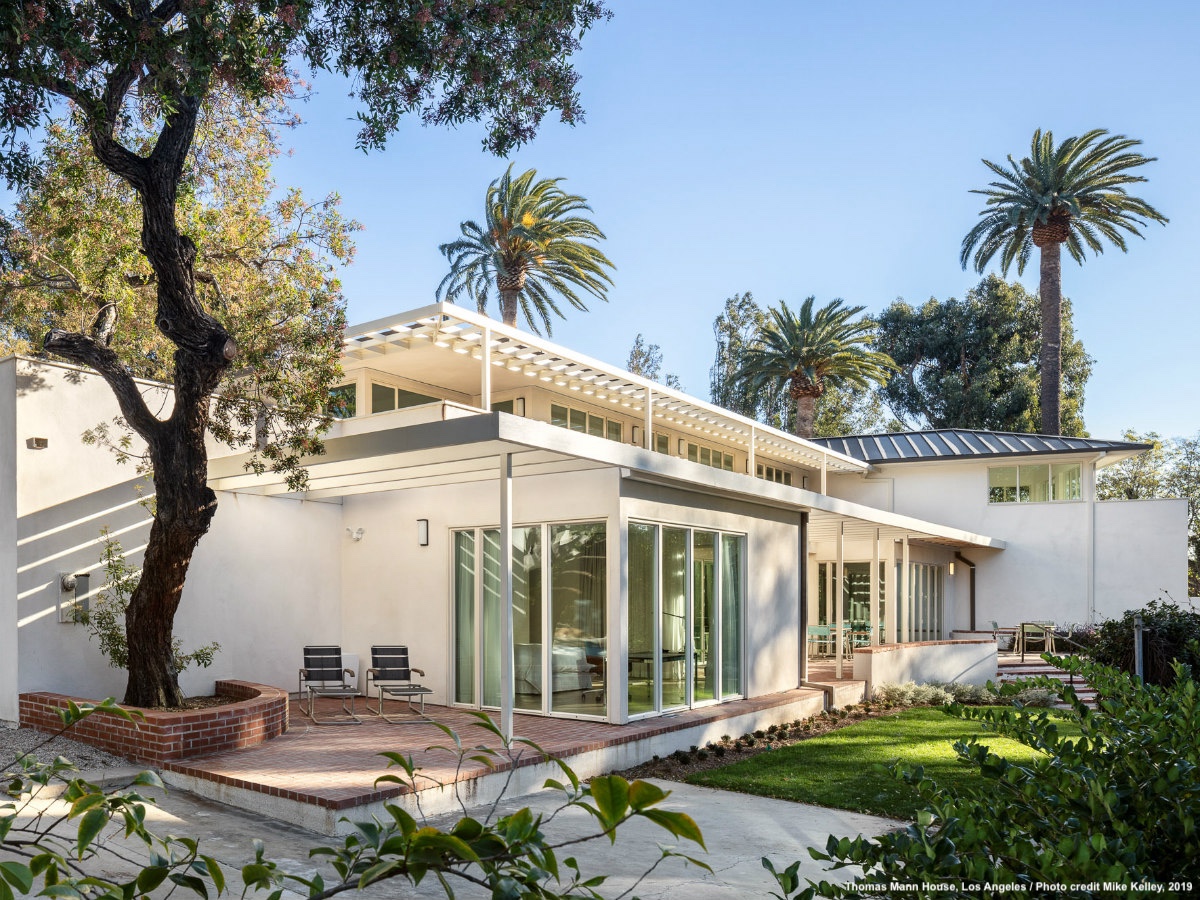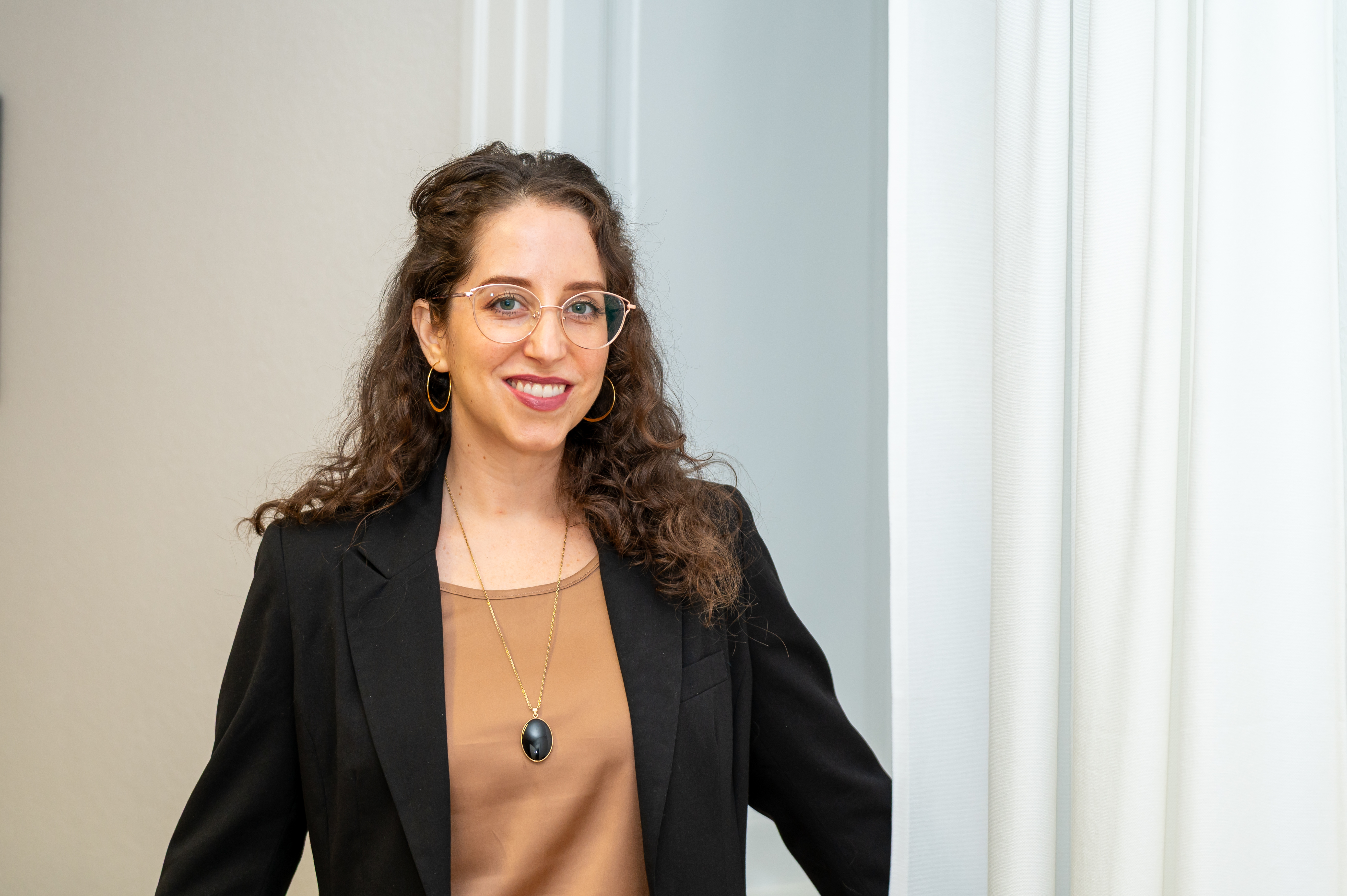Democracy and Fairness
Article three of Alexander Görlach's new column, part of our ongoing series "Let's Talk Democracy", explores Democracy and Fariness.

In 1988, Ralf Dahrendorf, the liberal thinker and president of the London School of Economics, foresaw the crisis that would befall liberal democracy in the time to come. Foreseeing is a rather well-placed word here, as Dahrendorf writes his work just before the fall of the Berlin Wall that was followed by two decades of hurrahs and the unshaken belief that liberal democracy was on the triumph march. Stanford political scientist Francis Fukuyama saw in his predictions, laid out in his book “The End of History”, the dawn of a new era that would shadow any peace period seen before and herald nothing less than an epoch without ideological conflict. Even if we let him have it and, for the sake of the argument, leave out the many adversaries that liberal democracy started having from the beginning of the 21st century, namely religious extremism, there are misgivings in democracy that can grow into flaws that endanger the democratic project itself that the young Fukuyama failed to see.
In his book The Modern Social Conflict, Dahrendorf reflects mostly on human dignity and how it is enshrined in human rights. To uphold human rights becomes, in his words, the foundation of any legitimate democratic state. When stating this, the German-British person that he was, he might clearly recall the first article of post-War-Germany’s Basic Law, “Human dignity shall be inviolable. To respect and protect it shall be the duty of all state authority.”
But what does this mean in practice? To Dahrendorf, human rights have both civic and social components. One cannot exist without the other and without an equilibrium between the two there cannot be a fair and just society. Civic rights are, amongst others, the right to vote, the right of free expression, the right to exercise a religious belief or not. They also entail the freedom of science, art, and the press. Social rights are the enablers of any participation in the public sphere that are ascribed in the civic rights. In essence, without access to free education and affordable healthcare for all, there is no democratic society.
When this balance between civic and social components of human rights is lost, danger looms for democracy. Hunger and hardship have an impact on people's faculties and limits their scope. The constant struggle for the primary goods leads, as a mature Fukuyama pointed out decades after his misjudgement in “The End of History”, to a feeling of alienation and anger in the part of the population whose social rights are violated. This has happened to a smaller and larger extent in the last thirty years that followed the fall of the Berlin Wall in every developed, industrialized Western society. They all have experienced a widening in inequality. It is not rare that a small number of individuals hold more wealth than half of the population combined. Astronomical rents and rising costs of living have instilled fear of social decline in social classes that until recently seemed to be immune against such fear of relegation.
However, only a few academics and pundits ascribe this transformation of social market economies into unhinged capitalist bonanzas to the emergence of neoliberal ideology. In other words, neoliberal ideology is not the root of the problem. What speaks for this argument is the fact that the People’s Republic of China, by all means not a liberal democracy politically, faces the same inequality (in numbers almost as devastating as inequality in the United States) as democratic societies do. Chinese leader Deng Xiaoping opened his country to an American-style capitalism after the devastating and brutal reign of Mao Zedong, repeating thereby a U.S. all-too-familiar sounding idea of trickle-down economics “let’s get a few people rich first”. It is therefore fair to say that it is the neo-liberal economic model that shapes inequality in democracies and dictatorships alike.
To free societies, this tilt between civic and social rights can mean the end of democratic rule altogether. Having identified the root problem makes it easier for such societies to steer against the tide of inequality. However, this is easier said than done.
Inequalities are not always visible. No one knew this better than Harvard Ethicist John Rawls who had to go so far in his “Theory of Justice” (1971) as to propose the creation of an ideal society in which no one will know their future role, in regard to race, education, education, income class and social status in the moment the social contract is drafted. Rawl’s aim was to eliminate invisible structures that hinder any social progress which is paramount for fair societies.
Alas, inconceivable inequalities persist until today, because they are often perpetuated un- or subconsciously. In Germany for instance, everybody from any social background can visit a university for free yet, still today, only one in one hundred students who obtain a PhD come from a non-academic household. In the age of AI, algorithms build on prior inequality and withhold insurance protection or package delivery from areas with a “non-favorable” zip code (meaning poor neighborhoods, people of color).
To reestablish fairness in democratic societies is therefore not just a “nice to have” but an essential for the survival of a liberalism that commits itself to the inviolable dignity of every human person.
Posted in
Partners
.png)




.jpg)
